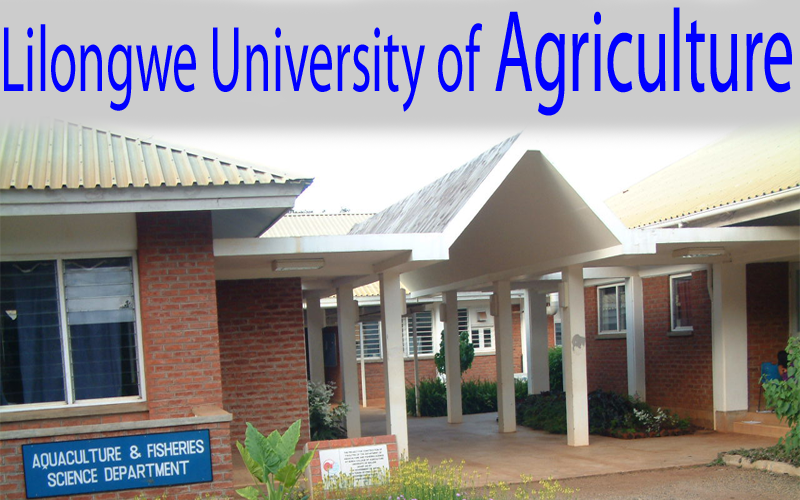Eight companies, programs and non-governmental organizations — including one associated with former President Bill Clinton — have received two-year “catalytic” grants to foster wider use of mobile technologies in the name of improving maternal and child health worldwide.
The mHealth Alliance, a global project founded by the United Nations Foundation, the Rockefeller Foundation and the Vodafone Foundation, joined with the UN’s Innovation Working Group to announce the grants Tuesday. The Innovation Working Group is a panel, co-chaired by the government of Norway and pharmaceutical giant Johnson & Johnson, tasked with identifying innovations that support the United Nations Every Woman Every Child effort to improve maternal and children’s health worldwide.
“The power of innovation in mobile technology can only be fully utilized if success factors are identified and evidence is widely shared and utilized,” says Helga Fogstad, head of global health for the Norwegian Agency for Development Cooperation (Norad), which is funding the grants. “The catalytic funding mechanism is intended to do just that. Taking to scale these innovations will improve provision, access, quality or use of highly needed maternal and child health services,” Fogstad adds in a statement.
“These grants will not only allow the grantees to scale up, but they will also provide others in the mHealth space the opportunity to learn from grantees experience and findings, adding to broader efforts to strategically mainstream mobile technologies to improve the lives of women and children,” explains mHealth Alliance Executive Director Patricia Mechael.
Notable among the winners is the Clinton Health Access Initiative, which is applying technology from Frontline SMS to help the Malawi Ministry of Health track down patients who miss appointments, communicate test results and identify patients with urgent medical conditions. The program is particularly concerned with preventing mother-to-child transmission of HIV.
Another winner, VillageReach, also operates in Malawi, as well as nearby Mozambique. The Seattle-based nonprofit social enterprise has been piloting a toll-free hotline to improve case management of maternal and child health in resource-poor rural areas of Malawi. According to the mHealth Alliance, the grant will help VillageReach expand the project to other parts of the Southeastern African nation and build an evidence base to demonstrate effectiveness in hopes of taking the service nationwide.
Other grantees include:
Changamka Microhealth, which will migrate its card-based health payment system to mobile phones;
The International Institute for Communication and Development, which is partnering with telecommunications company Orange Mali to support semi-literate community health workers in preventing malaria, a major cause of maternal and child mortality;
Malaria No More, an organization enlisting SMS technology and the voices of celebrities to communicate with mobile phone users about malaria prevention;
The Praekelt Foundation, developer of open-source mobile technology that, among other things, sends texts on pregnancy and infant care to poor women in South Africa;
Medic Mobile, a San Francisco-based software company that will send SMS reminder messages to mothers in hopes of boosting the low child-vaccination rate in India; and
The Society for Elimination of Rural Poverty, an organization in India that is expanding a mobile clinical decision support system at nutrition day care centers across the Indian state of Andhra Pradesh.
This is the second round of catalytic grants from the Innovation Working Group and the mHealth Alliance. Eight previous winners were announced at the 2011 mHealth Summit outside Washington, D.C.
Earlier this year, Norad pledged $9.9 million over three years to the mHealth Alliance to create grant competitions like this one.




